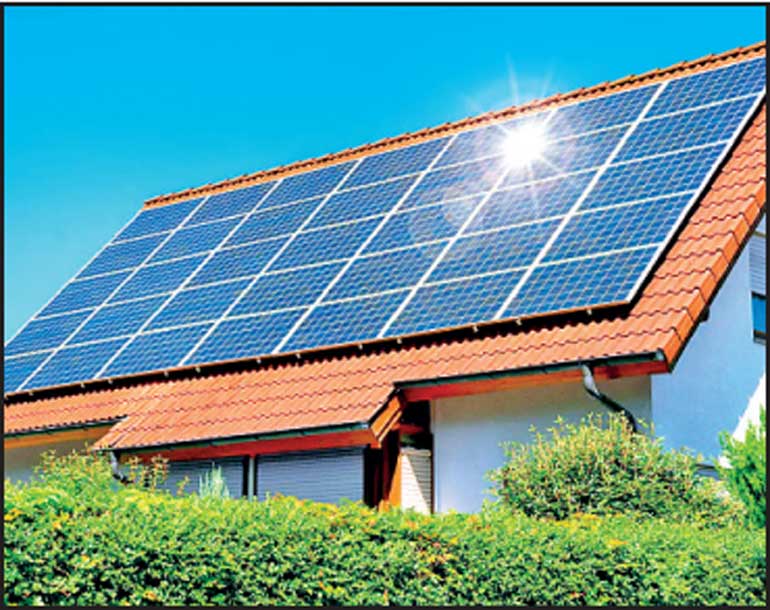Sunday Feb 22, 2026
Sunday Feb 22, 2026
Saturday, 8 July 2023 00:36 - - {{hitsCtrl.values.hits}}

By Charumini de Silva
In an effort to tackle bid manipulation and ensure transparency in project tendering, the Government has announced the scrapping of all power generation tenders that have exceeded their timelines without implementation.
The move is part of broader efforts to reform the energy industry and boost efficiency and sustainability. The decision also aims to put an end to the practice of companies bidding for the lowest cost and then reselling the projects to other entities.
“Traditionally, companies bidding for the lowest price and winning tenders are often not the ones ultimately proceeding with the projects. This practice has resulted in inefficiencies and delays in project execution, undermining the Government’s efforts to drive progress in the energy sector. Thus, under the guidance of President Ranil Wickremesinghe we decided to scrap all unimplemented tenders,” Power and Energy Minister Kanchana Wijesekera said at the Presidential Media Centre under the theme of ‘Collective path to a stable country’ on Tuesday.
Sri Lanka Sustainable Energy Authority (SLSEA) and the Ceylon Electricity Board (CEB), two key agencies overseeing energy projects, have a significant number of expired tenders as of June 30. However, he said the Government has decided not to extend the contract period for these tenders, signalling its commitment to maintaining accountability and efficiency in the energy sector. “The scrapping of unimplemented tenders is also a significant step toward eliminating corrupt practices and promoting fair competition in the energy sector. By holding companies accountable and preventing bid manipulation, the Government aims to create a level playing field for all participants,” he pointed out.
Noting that several measures were implemented to address these issues, the Minister highlighted companies will not be allowed to change their Board of Directors if they have secured a tender until the project is completed. “This restriction aims to ensure continuity and prevent companies from transferring project ownership to different entities for personal gain,” he said.
Minister Wijesekera emphasised the importance of welcoming new participants in the country’s renewable energy efforts. “We aim to increase the renewable energy power generation from 50% at present to 70% by 2030. By allowing new entrants to participate, the Government seeks to leverage fresh perspectives, innovation, and competition to achieve its ambitious goals,” he added.
He said through transparent tendering processes and strict adherence to timelines, Sri Lanka is striving to attract reputable companies and investors, driving positive change and enabling the successful implementation of renewable energy projects. “New or existing contracts will not be extended beyond their stipulated timelines to enforce project deadlines and ensure timely completion of energy initiatives,” he explained.
He reiterated that Sri Lanka aims to build a robust and resilient energy infrastructure that will propel the country towards a cleaner, greener future, these new tenders will be called for new projects.
The CEB recently announced the settlement of accumulated arrears of approximately Rs. 4 billion due for Rooftop Solar customers following the cost-reflective pricing formula. As per the Minister the CEB has to settle Rs.33 billion for the renewable energy suppliers. (CdeS)